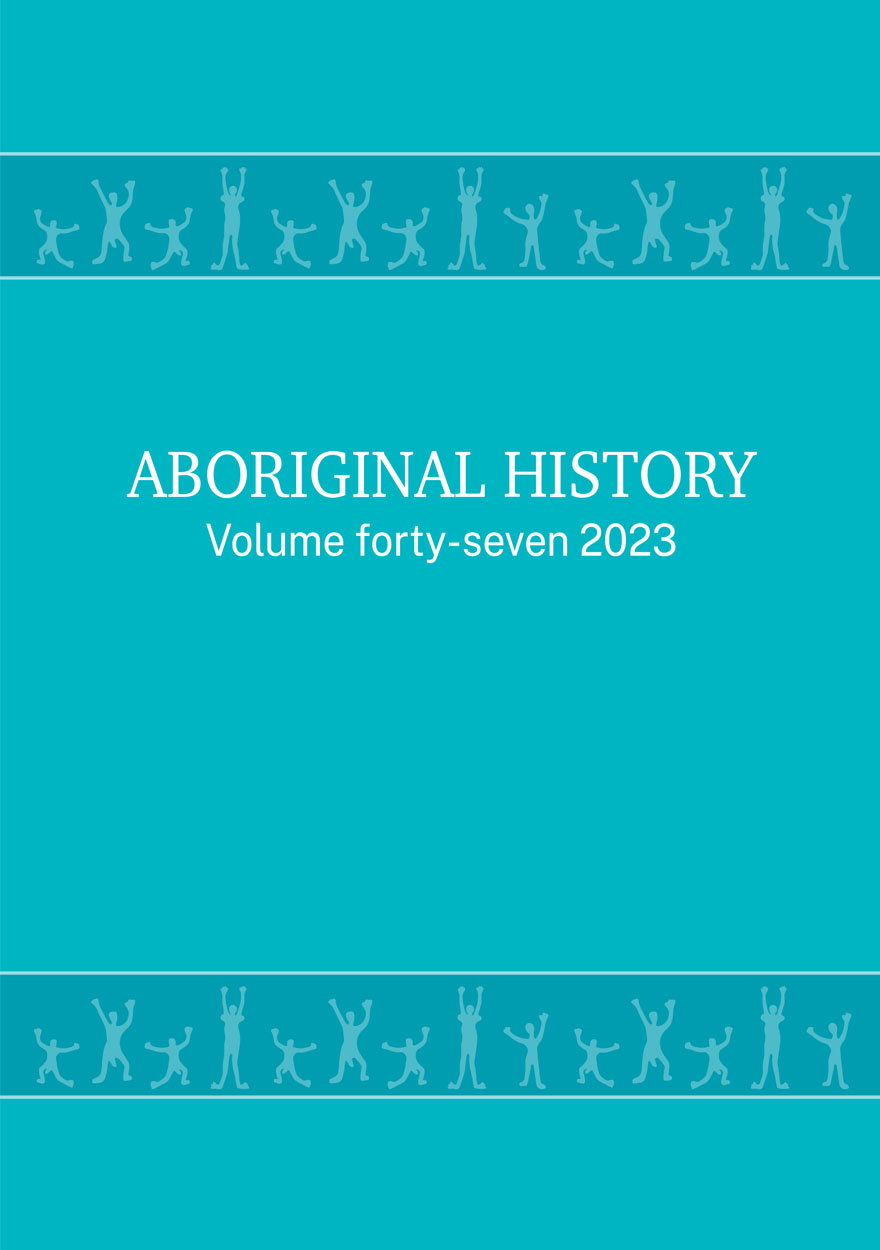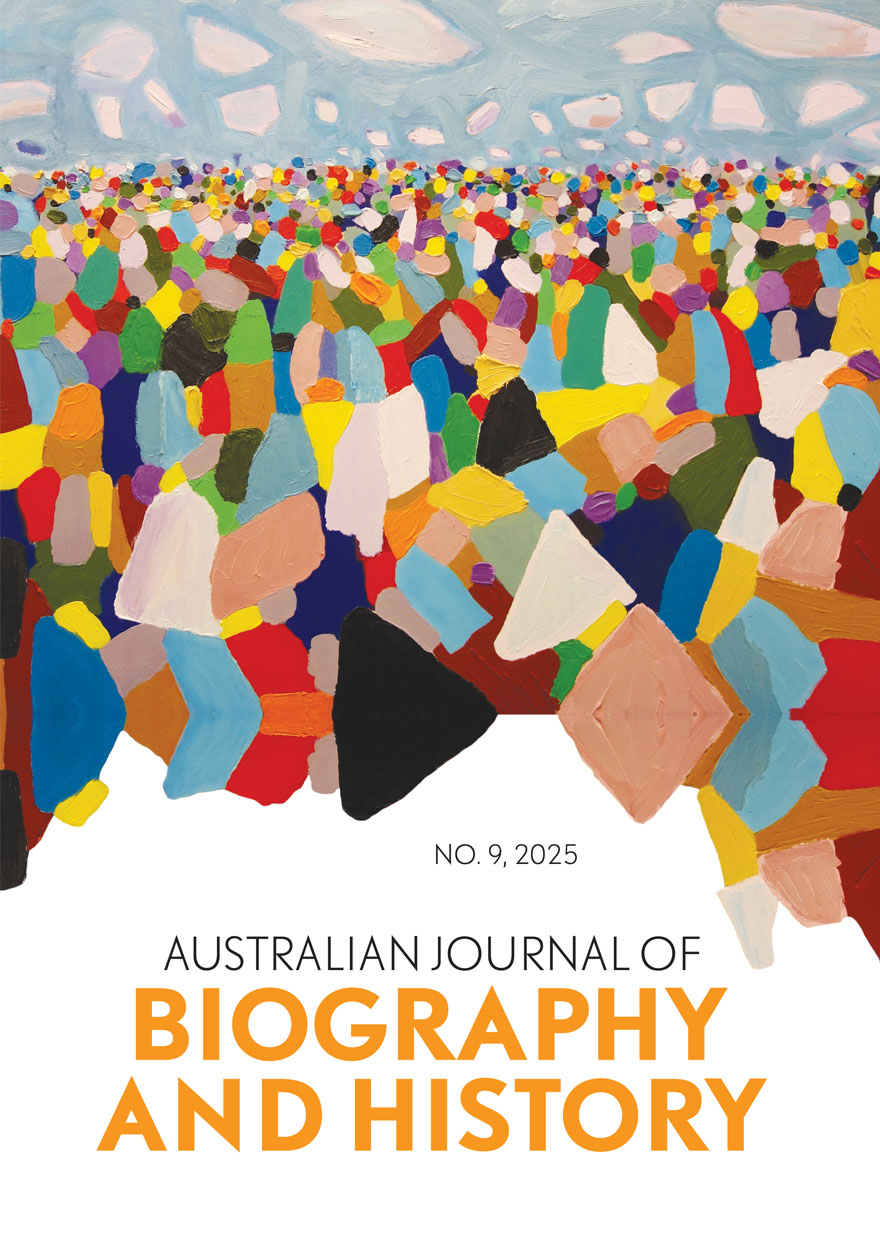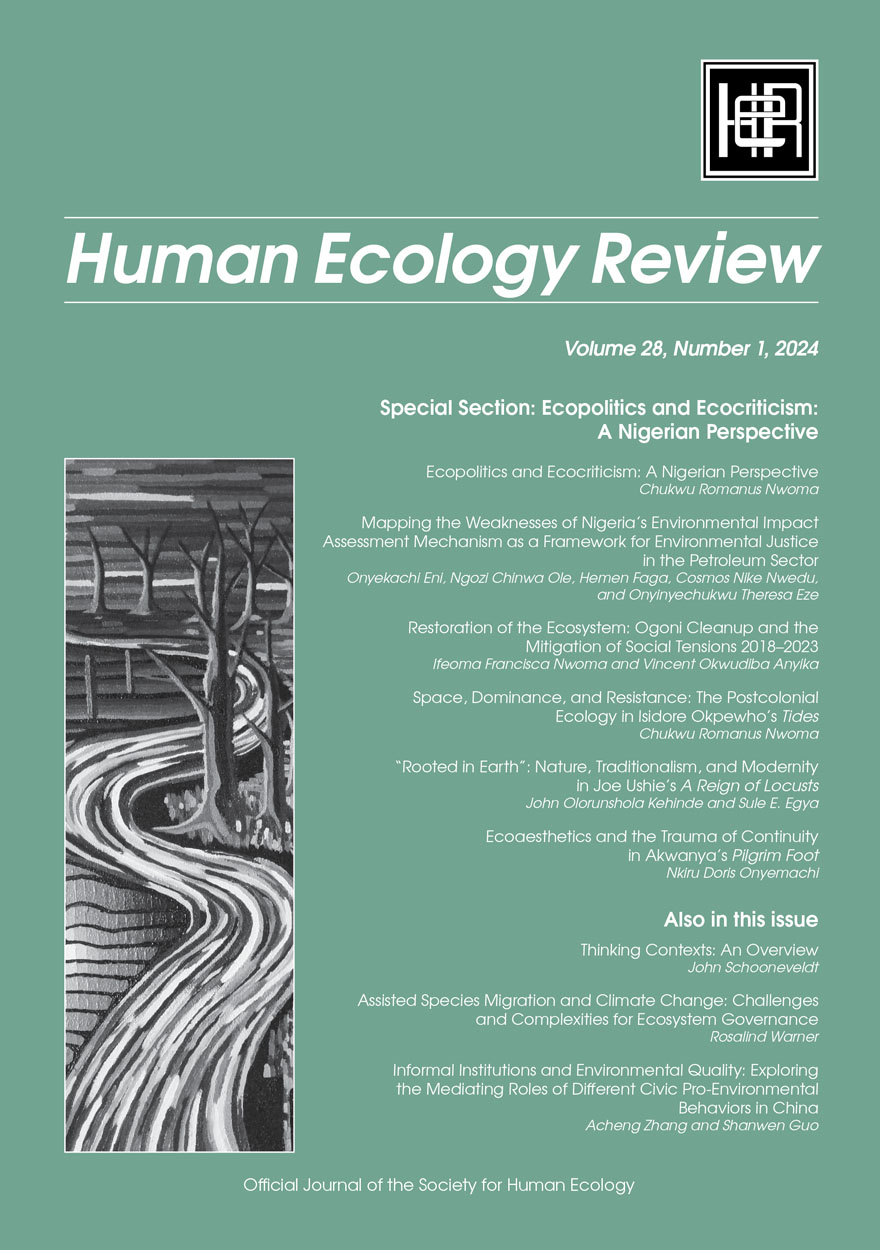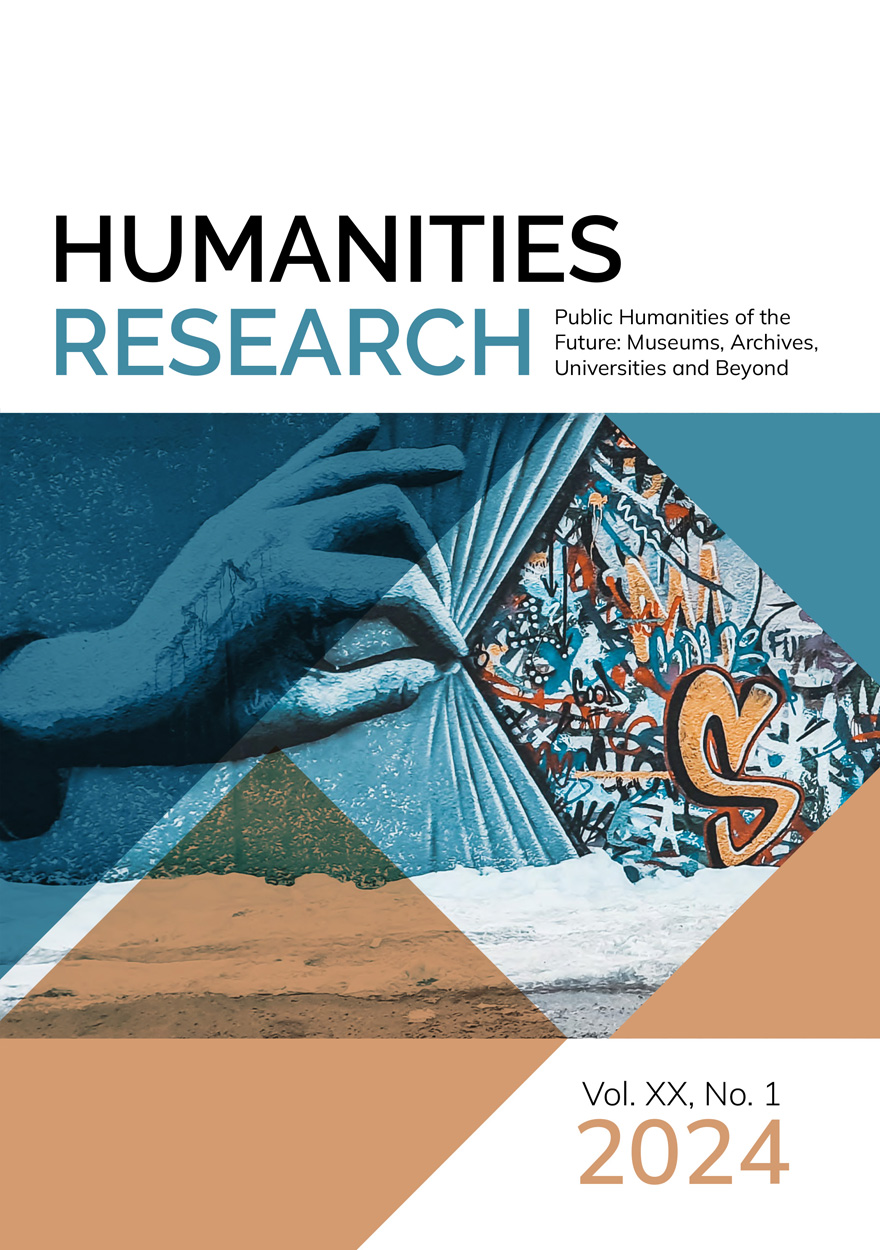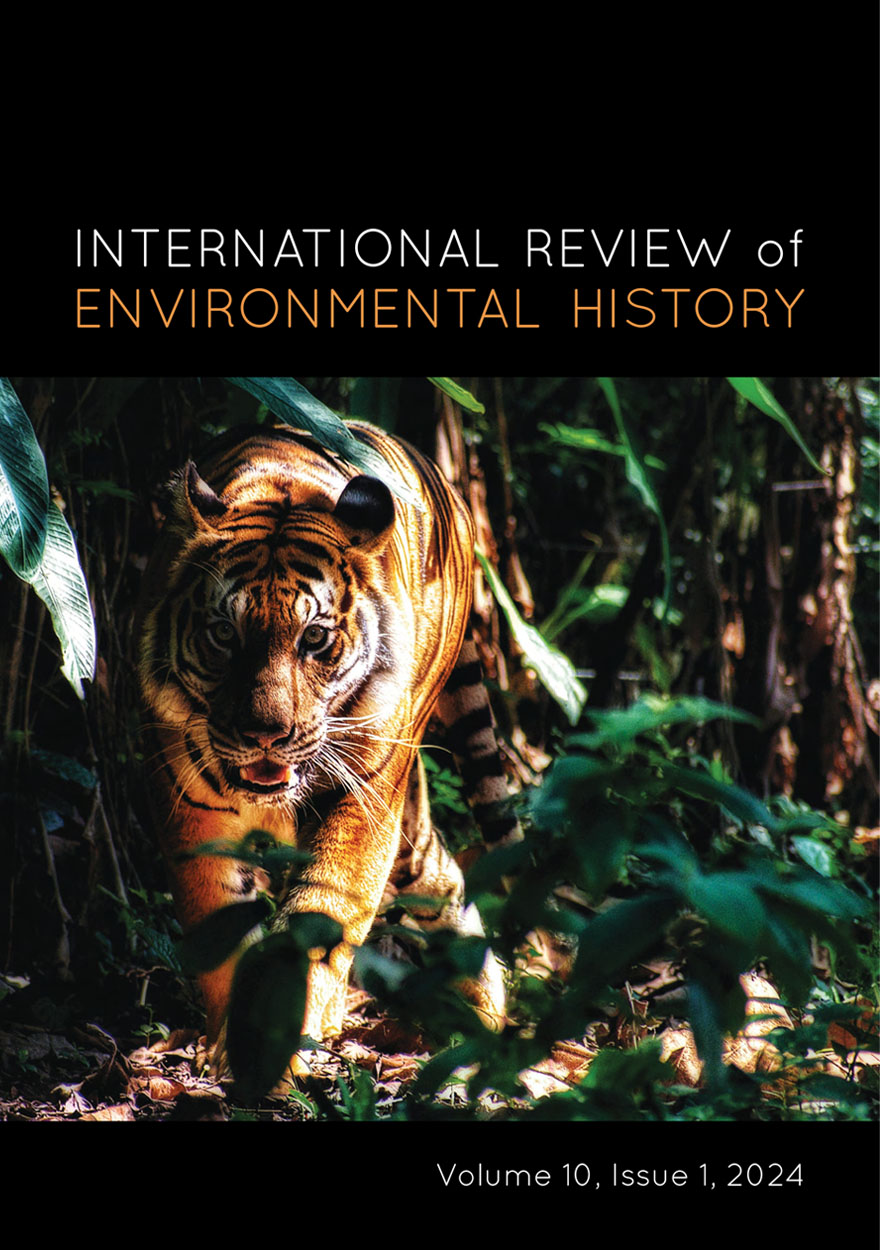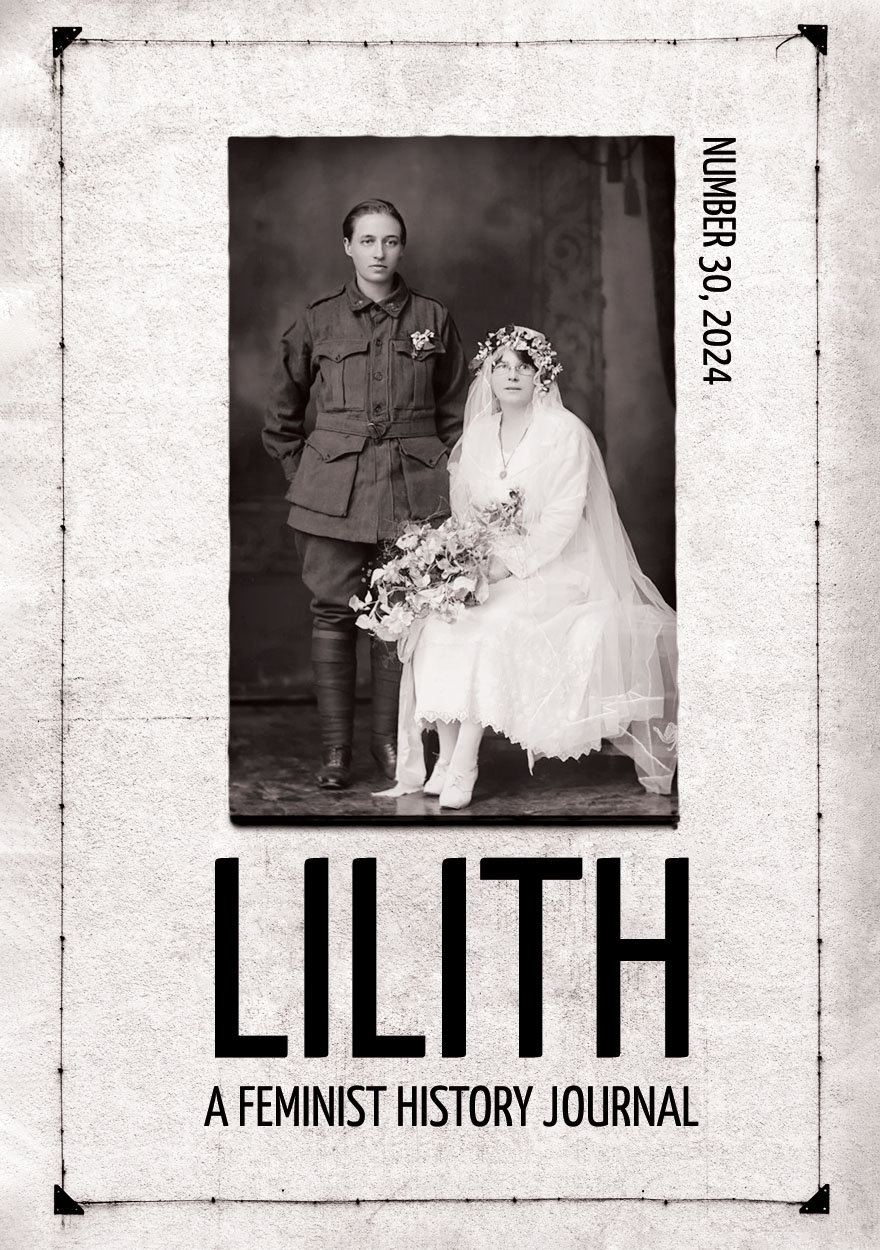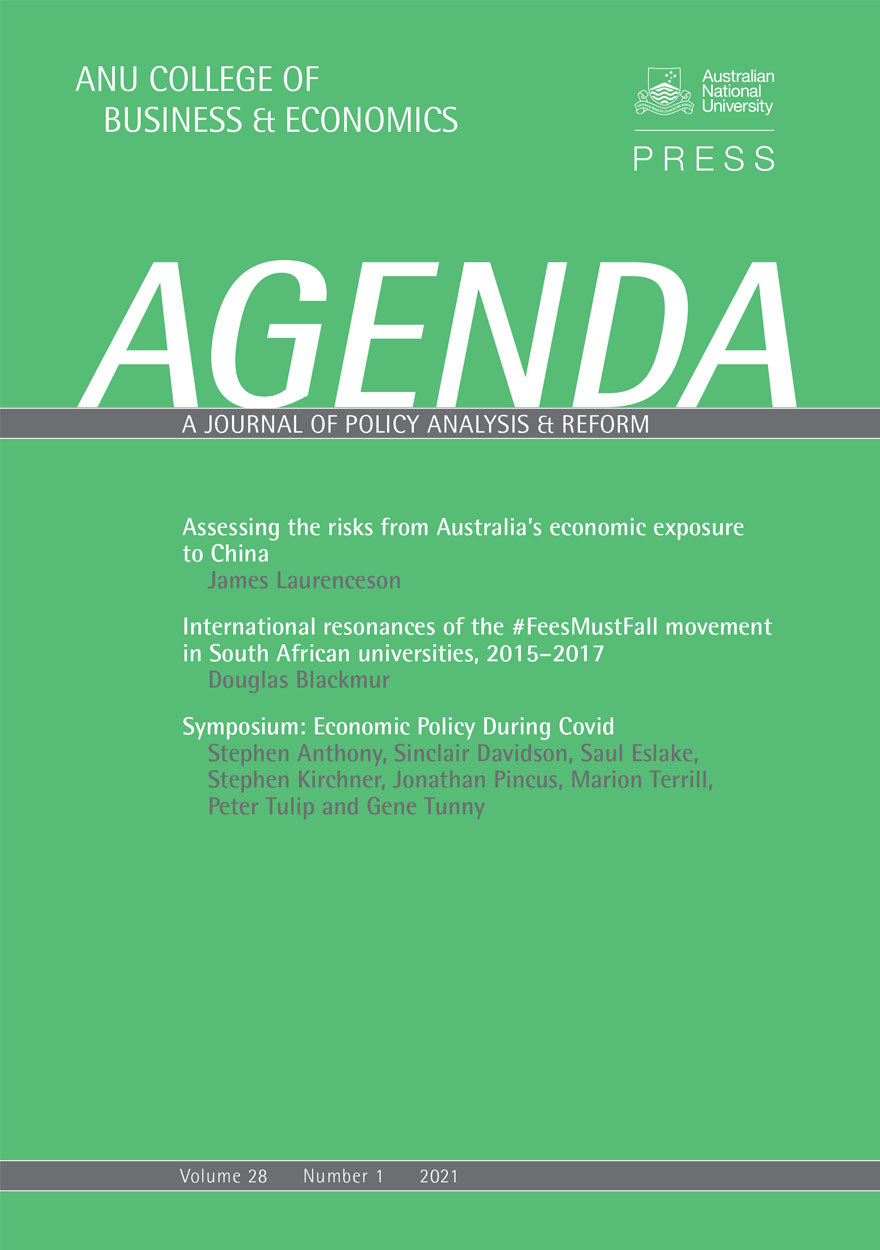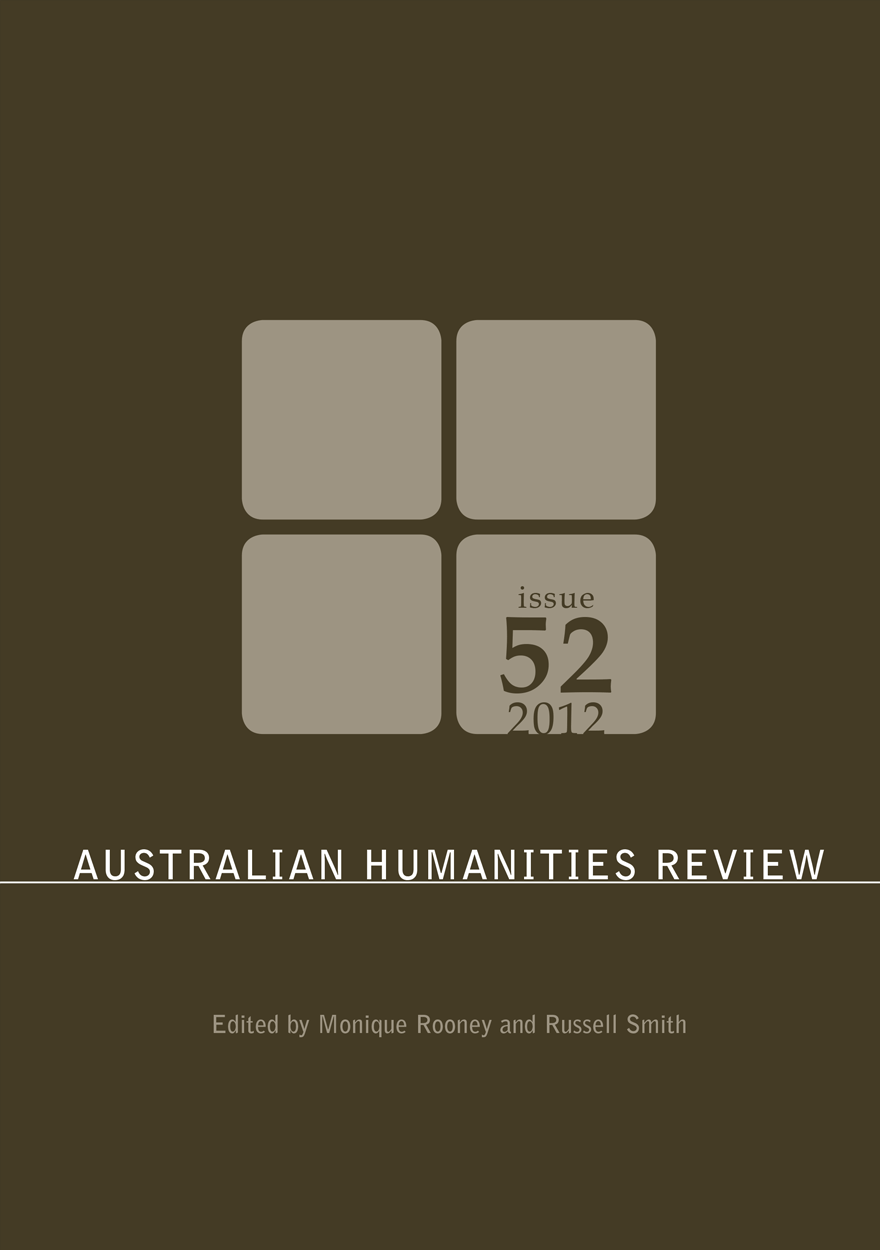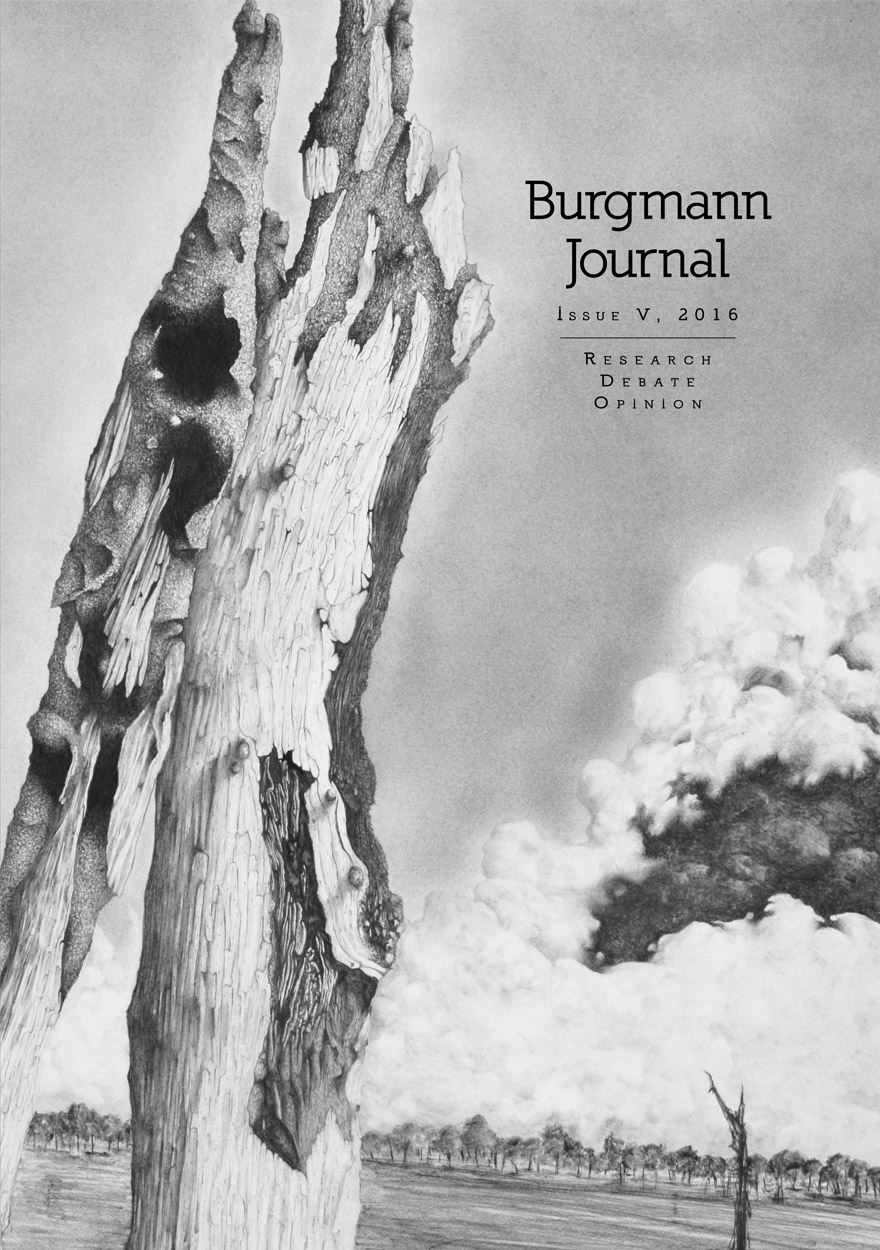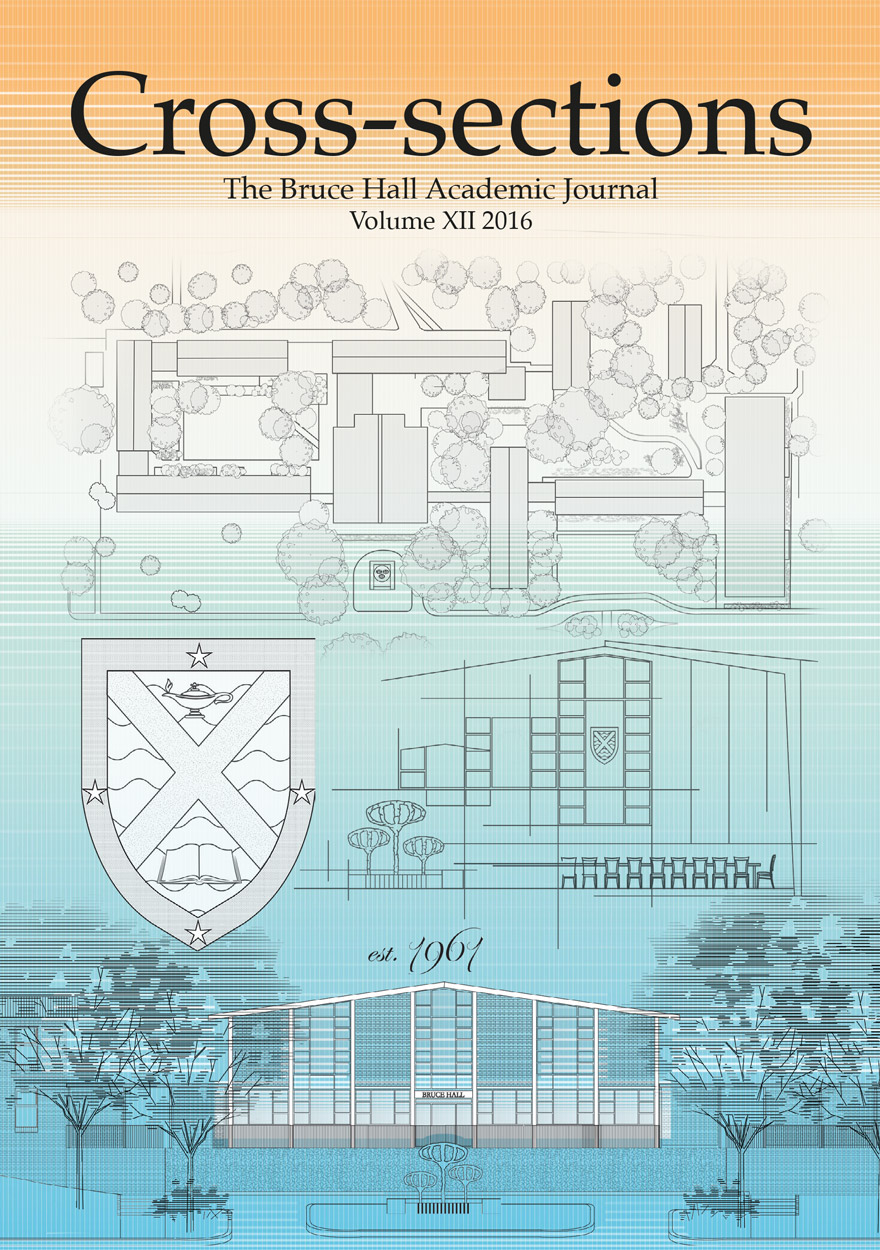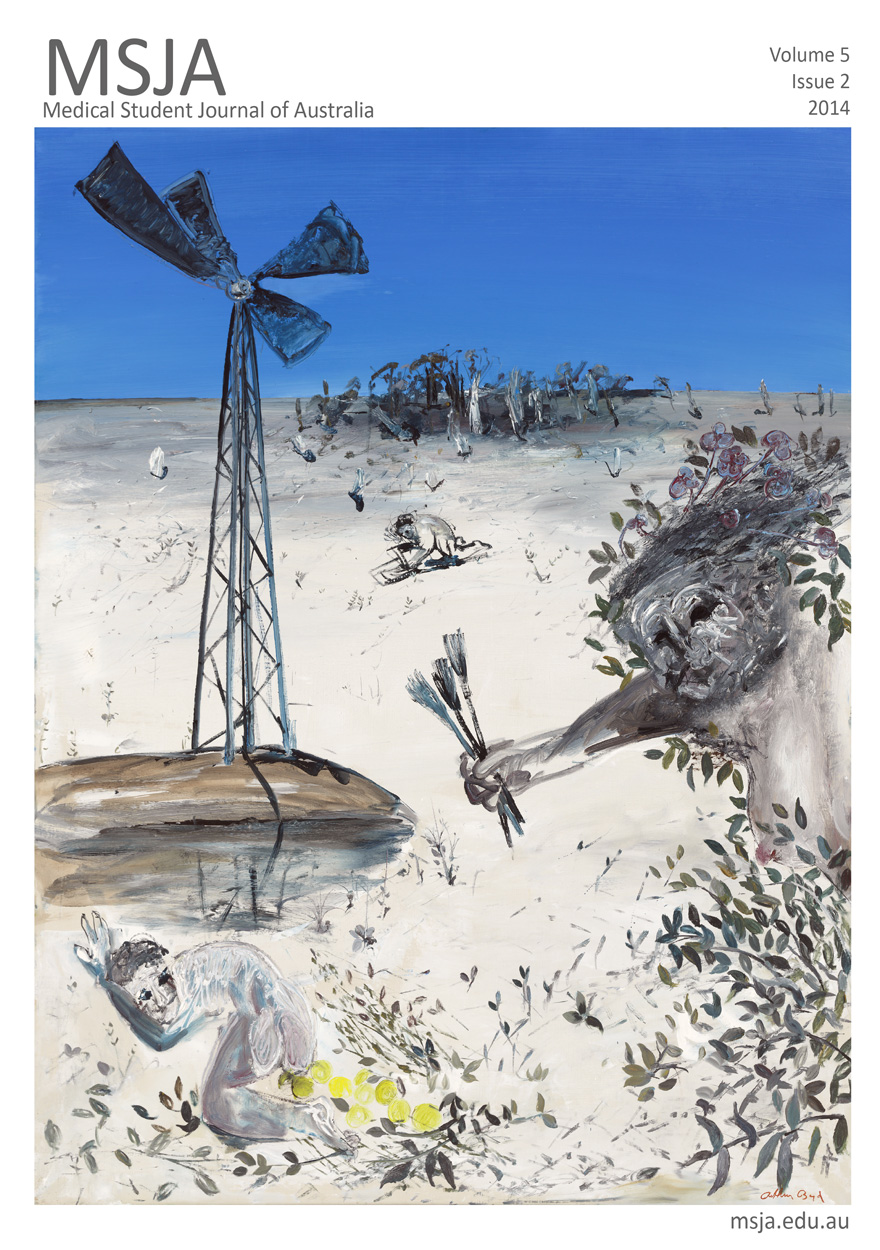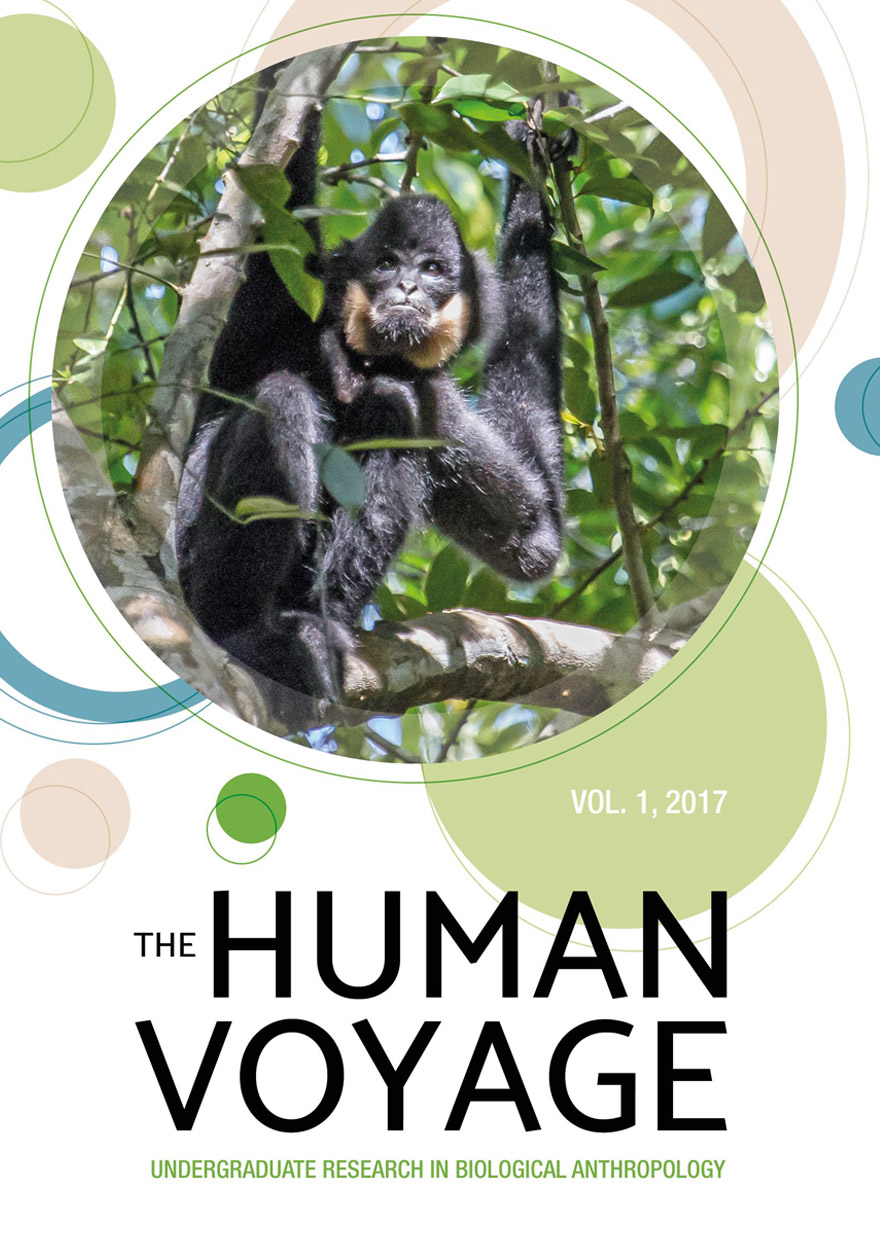Journals
Browse or search a variety of academic journals maintained by ANU Press, or find out more about the journal authors. Download the book for free or buy a print-on-demand copy.
Christopher Findlay »
Christopher Findlay is Honorary Professor in the Crawford School of Public Policy at The Australian National University.
Somkiat Tangkitvanich »
Somkiat Tangkitvanich is President of the Thailand Development Research Institute.
Barry Jones »
Jones, Barry Owen (1932– ). Australian politician, writer and lawyer, born in Geelong. Educated at Melbourne University, he was a public servant, high school teacher, television and radio performer, university lecturer and lawyer before serving as a Labor MP in the Victorian Parliament 1972–77 and the Australian House of Representatives 1977–98. He took a leading role in reviving the Australian film industry, abolishing the death penalty in Australia, and was the first politician to raise public awareness of global warming, the ‘post-industrial’ society, the IT revolution, biotechnology, the rise of ‘the Third Age’ and the need to preserve Antarctica as a wilderness. In the Hawke Government, he was Minister for Science 1983–90, Prices and Consumer Affairs 1987, Small Business 1987–90 and Customs 1988–90. He became a member of the Executive Board of UNESCO, Paris 1991–95 and National President of the Australian Labor Party 1992–2000, 2005–06. He was Deputy Chairman of the Constitutional Convention 1998. His books include Decades of Decision 1860– (1965), Joseph II (1968), Age of Apocalypse (1975), and he edited The Penalty is Death (1968). Sleepers, Wake!: Technology and the Future of Work was published by Oxford University Press in 1982, became a bestseller and has been translated into Chinese, Japanese, Korean, Swedish and braille. The fourth edition was published in 1995. Knowledge Courage Leadership, a collection of speeches and essays, appeared in 2016.
He received a DSc for his services to science in 1988 and a DLitt in 1993 for his work on information theory. Elected FTSE (1992), FAHA (1993), FAA (1996) and FASSA (2003), he is the only person to have become a Fellow of four of Australia’s five learned Academies. Awarded an AO in 1993, named as one of Australia’s 100 ‘living national treasures’ in 1997, he was elected a Visiting Fellow Commoner of Trinity College, Cambridge in 1999. His autobiography, A Thinking Reed, was published in 2006 and The Shock of Recognition, about music and literature, in 2016. In 2014 he received an AC for services ‘as a leading intellectual in Australian public life’. What Is to Be Done was published by Scribe in 2020.
John Braithwaite »
John Braithwaite is a leading criminologist, Emeritus and founder of the School of Regulation and Global Governance (RegNet) at The Australian National University (johnbraithwaite.com).
Geoffrey Clark »
Geoffrey Clark is an archaeologist who works on islands in the Pacific and Indian oceans. His research interests include the timing and impact of inital colonisation, how monumental structures reveal ancient political systems and the impact of climate events on the development of insular societies.
Mirani Litster »
Mirani Litster is an archaeologist with a background in Australian and Indian Ocean archaeology. Her research interests include the archaeology of early globalisation, Australian frontier conflict studies and the archaeology of cross-cultural encounters.
Meet the Author: Adele Chynoweth »
Adele Chynoweth was a lecturer at the Centre for Heritage and Museum Studies at The Australian National University. She was a secondary school teacher before training as a theatre director and completing a PhD in contemporary Australian drama. She was curator of the National Museum of Australia’s
Ryuji Hattori »
Ryuji Hattori is professor at Chuo University, Japan. He holds a bachelor’s degree from Kyoto University Faculty of Law and a doctorate in political science from Kobe University. His main publications include Understanding History in Asia: What Diplomatic Documents Reveal (Tokyo: Japan Publish Industry Foundation for Culture, 2019); Eisaku Satō, Japanese Prime Minister, 1964-72: Okinawa, Foreign Relations, Domestic Politics and the Nobel Prize (London: Routledge, 2021); China-Japan Rapprochement and the United States: In the Wake of Nixon’s Visit to Beijing (London: Routledge, 2022); Japan and the Origins of the Asia-Pacific Order: Masayoshi Ohira’s Diplomacy and Philosophy (Singapore: Springer, 2022).
Stephan Frühling »
Stephan Frühling is Associate Dean, Partnerships and Engagement in the College of Asia and the Pacific at The Australian National University, where he researches and teaches in the Strategic and Defence Studies Centre. He was the Fulbright professional fellow in Australia–US Alliance Studies at Georgetown University, Washington, in 2017, ‘Partner across the Globe’ research fellow in the research division of the NATO Defense College in Rome in 2015, and a member of the Australian Government’s external panel of experts on the development of the 2016 Defence White Paper.
Andrew O’Neil »
Andrew O’Neil is Acting Dean of the Graduate Research School and Professor of Political Science at Griffith University. Prior to entering academia full-time, and after completing his PhD, he worked as a Commonwealth public servant with Australia’s Department of Defence. He is a member of the Australian Research Council’s College of Experts and is a former member of the National Consultative Committee on National Security Issues.
Hilary Howes »
Hilary Howes is a historian of science based in the Centre for Heritage and Museum Studies at The Australian National University. Her research addresses the German-speaking tradition within anthropology and archaeology in Australia and the Pacific region. Her current project, ‘Skulls for the Tsar: Indigenous Human Remains in Russian Collections’, offers the first detailed investigation of the acquisition of Indigenous human remains from Australia and the Pacific by the Russian Empire during the long 19th century.
Matthew Spriggs »
Matthew Spriggs is an Emeritus Professor of Archaeology at The Australian National University and an Honorary Curator of Archaeology at the Vanuatu Cultural Centre, Port Vila, Vanuatu, where he now lives. His interests include Pacific and Island Southeast Asian archaeology, archaeological theory and the history of archaeology. His current ARC Project (with Lynette Russell of Monash University) is ‘Aboriginal Involvement in the Early History of Archaeology’ (2021–23).
Tristen Jones »
Tristen Jones is an archaeologist and curator based in the Department of Archaeology, School of Philosophical and Historical Inquiry at the University of Sydney. Her research on Australian Indigenous and Pacific material culture collections focuses on the materiality and agency of objects, their relevance to contemporary Indigenous communities, and how collections can transform disciplinary histories. She was previously a research associate on Matthew Spriggs’ ARC Laureate Fellowship project ‘The Collective Biography of Archaeology in the Pacific: A Hidden History’ at The Australian National University.
Meet the Author: Doug Munro »
Doug Munro is a Wellington-based biographer and historian, and an Adjunct Professor of History at the University of Queensland. In an earlier incarnation he was a historian of the Pacific Islands with specialisms in trade and traders, indentured labour, and the role of Island pastors. Doug has
Adele Chynoweth »
Adele Chynoweth was a lecturer at the Centre for Heritage and Museum Studies at The Australian National University. She was a secondary school teacher before training as a theatre director and completing a PhD in contemporary Australian drama. She was curator of the National Museum of Australia’s touring exhibition ‘Inside: Life in Children’s Homes and Institutions’. She is the recipient of the 2018 Vice-Chancellor’s Award for Public Policy and Outreach. In 2020 she was awarded the Medal of the Order of Australia for service to public history.
Peter Dean »
Professor Peter Dean is the University of Western Australia’s first Chair of Defence Studies and the inaugural director of the University of Western Australia Defence and Security Institute. He has previously worked at The Australian National University and was the founding editor of the Melbourne University Press Defence Studies Series. He has authored a number of books including MacArthur’s Coalition: US and Australian Military Operations in the Southwest Pacific Area, 1942–45 and The Architect of Victory: The Military Career of Lieutenant General Sir Frank Horton Berryman, and edited books on Australia in the Second World War, Australia’s Defence policy and the ANZUS alliance.
Tristan Moss »
Dr Tristan Moss is a senior lecturer at the Griffith Asia Institute, Griffith University. He is also a Fulbright Scholar and winner of a Discovery Early Career Researcher Award, working on a history of Australian space policy. He has previously worked at the University of New South Wales, Canberra, and the Australian War Memorial. He is the author of Guarding the Periphery: The Australian Army in Papua New Guinea, 1951–75, and co-editor of Beyond Combat: Australian Military Activity Away from the Battlefields.
Stephen Howes »
Dr Stephen Howes is Professor of Economics and Director of the Development Policy Centre, Crawford School of Public Policy, The Australian National University.
Lekshmi N. Pillai »
Dr Lekshmi N. Pillai is Professor of Accounting and Executive Dean, School of Business and Public Policy, University of Papua New Guinea.
Jittipat Poonkham »
Dr Jittipat Poonkham (PhD, Aberystwyth University; MPhil, Oxford University) is Associate Professor of International Relations and Director of International Studies Program in the Faculty of Political Science, Thammasat University. He is the co-editor of International Relations as a Discipline in Thailand: Theory and Sub-fields (Routledge, 2019).
Karen Fox »
Dr Karen Fox is a senior research fellow in the National Centre of Biography and a research editor for the Australian Dictionary of Biography in the School of History, The Australian National University. A historian of Australia and New Zealand, she has taught Australian and imperial history and biography at ANU. She is fascinated by the question of how a life comes to be acclaimed as significant, or to be celebrated, and how these processes have differed in different places and times, as well as by the changing ways Australians and New Zealanders have understood their place in the world.
Meet the Author: Honae Cuffe »
Honae Cuffe holds a PhD in history from the University of Newcastle, and has worked in both the academic and public history sector. Honae has published widely on issues of history, contemporary policy and academic research practices. The Genesis of a Policy: Defining and Defending Australia's
Darren Byler »
Darren Byler is an Assistant Professor of International Studies at Simon Fraser University in Vancouver, British Columbia.
Brij V. Lal »
Brij Lal, who died on Christmas Day 2021, was an enormously prolific historian of the Pacific Islands, especially of his birthplace Fiji. The 18 ANU Press titles below – variously written, edited or contributed to by Professor Lal – constitute a fraction of his published output. Not only was he an outstanding academic and journalist, commenting perceptively and knowledgeably on every Fiji election since 1982, as well as on the shifting waves of Fiji politics, he also acted as one of the three commissioners who drew up a draft of the new Fiji constitution in 1997 and, in addition, wrote about the global Indian diaspora, especially in the West Indies. Considered persona non grata in Fiji in recent years, he wore his expulsion as a tribute to his dedication to liberal democracy, and greatly valued his Australian citizenship.
Daniel J Fleming »
Dr Daniel J Fleming is Group Manager – Ethics and Formation for St Vincent’s Health Australia. He holds a PhD in moral philosophy, and is widely published in moral philosophy, theological ethics, moral education and health care ethics.
ANU Press Journals
Aboriginal History Journal »
Since 1977, the journal Aboriginal History has pioneered interdisciplinary historical studies of Australian Aboriginal people’s and Torres Strait Islander’s interactions with non-Indigenous peoples. It has promoted publication of Indigenous oral traditions, biographies, languages, archival and bibliographic guides, previously unpublished manuscript accounts, critiques of current events, and research and reviews in the fields of anthropology, archaeology, sociology, linguistics, demography, law, geography and cultural, political and economic history.
Aboriginal History Inc. is a publishing organisation based in the Australian Centre for Indigenous History, Research School of Social Sciences, The Australian National University, Canberra.
For more information on Aboriginal History Inc. please visit aboriginalhistory.org.au.
Submission details
Please send article submissions to aboriginal.history@anu.edu.au.
Articles of about 7,000 words in length (including footnotes and references) are preferred, but submissions up to 9,000 words will be considered. Please submit an electronic version of the paper (text only without embedded images or scans) in Microsoft Word or RTF format, along with a short abstract and author biography as a separate document.
ANU Historical Journal II »
The ANU Historical Journal II (ANUHJ II) is an open-access, peer-reviewed academic history journal of the ANU College of Arts and Social Sciences and the ANU College of Asia and the Pacific. It is a revival of the ANU Historical Journal, which was published between 1964 and 1987. Contributors to the first journal included academics such as Ken Inglis, Manning Clark, John Ritchie and Oliver MacDonagh along with then-emerging scholars Iain McCalman, Michael McKernan, Margaret George, Coral Bell, John Iremonger, Alastair Davidson, Susan Magarey and Rosemary Auchmuty. As well as upholding the Journal’s commitment to the work of students and early career researchers, the ANUHJ II has expanded its focus to include memoirs, short articles and long-form book reviews.
The ANUHJ II invites submissions from students, graduates and academics of any Australian university.
For more information about the ANUHJ II, please visit anuhj.com.au
Australian Journal of Biography and History »
The Australian Journal of Biography and History is an initiative of the National Centre of Biography (NCB) in the Research School of Social Sciences at The Australian National University. The NCB was established in 2008 to extend the work of the Australian Dictionary of Biography and to serve as a focus for the study of life writing in Australia, supporting innovative research and writing to the highest standards in the field, nationally and internationally. The Australian Journal of Biography and History seeks to promote the study of biography in Australia. Articles that appear in the journal are lively, engaging and provocative, and are intended to appeal to the current popular and scholarly interest in biography, memoir and autobiography. They recount interesting and telling life stories and engage critically with issues and problems in historiography and life writing.
The journal publishes peer-reviewed articles on Australian historical biography, including biographical studies, studies relating to theory and methodology, and the associated genres of autobiography, life writing, memoir, collective biography and prosopography. We are especially interested in articles that explore the way in which biography and its associated genres can illuminate themes in Australian history, including women in Australian society, family history, transnational networks and mobilities, and Indigenous history.
Submission Details
Please send article submissions or abstracts to the Editor, Dr Malcolm Allbrook, National Centre of Biography, The Australian National University. Email: Malcolm.Allbrook@anu.edu.au. Articles should be in the range of 5,000 to 8,000 words (excluding footnotes), although longer submissions may be considered after consultation with the Editor. Style and referencing: please use footnotes in Chicago style, and follow British spelling.
East Asia Forum Quarterly »
East Asia Forum Quarterly grew out of East Asia Forum (EAF) online, which has developed a reputation for providing a platform for the best in Asian analysis, research and policy comment on the Asia Pacific region in world affairs. EAFQ aims to provide a further window onto research in the leading research institutes in Asia and to provide expert comment on current developments within the region. The East Asia Forum Quarterly, like East Asia Forum online, is an initiative of the East Asia Forum (EAF) and its host organisation, the East Asian Bureau of Economic Research (EABER) in the Crawford School of Public Policy in the ANU College of Asia & the Pacific at The Australian National University.
Submission details
Unsolicited submissions to EAF are welcome. An analytic op-ed piece that is accessible to a general audience and written in crisp language is required. The preferred length of submissions is around 800 words. Submissions will be double-blind reviewed and, if accepted for publication, edited for English fluency and house style before returned for clearance by the author. EAFQ does not use footnotes but would be extremely appreciative if hyperlinks to internet sources are included wherever possible. EAFQ reserves the right to determine the title for any piece, but will not publish a piece or a title without permission. A suggested title is appreciated. If you have any further queries, or would like to submit, please contact shiro.armstrong@anu.edu.au.
Human Ecology Review »
Human Ecology Review is a semi-annual journal that publishes peer-reviewed interdisciplinary research on all aspects of human–environment interactions (Research in Human Ecology). The journal also publishes essays, discussion papers, dialogue, and commentary on special topics relevant to human ecology (Human Ecology Forum), book reviews (Contemporary Human Ecology), and letters, announcements, and other items of interest (Human Ecology Bulletin). Human Ecology Review also publishes an occasional paper series in the Philosophy of Human Ecology and Social–Environmental Sustainability.
Submission details
For information on preparing your manuscript for submission, please visit www.humanecologyreview.org. To submit a manuscript to Human Ecology Review, please visit mstracker.com/submit1.php?jc=her, or email humanecologyreviewjournal@gmail.com.
Humanities Research »
Humanities Research is a peer-reviewed, open access, annual journal that promotes outstanding innovative, interdisciplinary and multidisciplinary scholarship to advance critical knowledge about the human world and society.
The journal is co-published by the Humanities Research Centre, The Australian National University, Canberra. It was launched in 1997 and went into hiatus in 2013. In 2022, the journal is resuming publication, reflecting the continuing strength of the humanities at The Australian National University, the rapid development of the interdisciplinary, environmental and public humanities over the last decade, and the opportunities for international collaboration reflected in the resumption of international travel in 2022.
Issues are thematic with guest editors and address important and timely topics across all branches of the humanities.
International Review of Environmental History »
International Review of Environmental History takes an interdisciplinary and global approach to environmental history. It encourages scholars to think big and to tackle the challenges of writing environmental histories across different methodologies, nations, and time-scales. The journal embraces interdisciplinary, comparative and transnational methods, while still recognising the importance of locality in understanding these global processes.
The journal’s goal is to be read across disciplines, not just within history. It publishes on all thematic and geographic topics of environmental history, but especially encourage articles with perspectives focused on or developed from the southern hemisphere and the ‘global south’.
Submission details
Please send article submissions or abstracts to the Editor, Associate Professor James Beattie, Science in Society, Victoria University of Wellington, PO Box 600, Wellington 6142, New Zealand. Email: james.beattie@vuw.ac.nz.
Abstracts should be no more than 200 words, and include a list of keywords. Articles should be in the range 5,000 to 8,000 words (including footnotes), although longer submissions may be considered after consultation with the editor. Style and referencing: please use footnotes in Chicago Style, follow British spelling, and use single quotation marks only. Find out more details about Chicago Style.
Lilith: A Feminist History Journal »
Lilith: A Feminist History Journal is an annual journal that publishes articles, essays and reviews in all areas of feminist and gender history (not limited to any particular region or time period). In addition to publishing research articles on diverse aspects of gender history, Lilith is also interested in publishing feminist historiographical and methodological essays (which may be shorter in length than typical research articles). Submissions from Australian and international early career researchers and postgraduate students are particularly encouraged.
The journal first began publication in Melbourne in 1984. It is the official journal of the Australian Women’s History Network, an organisation dedicated to promoting research and writing in all fields of women’s, feminist and gender history.
For more information about Lilith, please visit www.auswhn.org.au/lilith/.
Made in China Journal »
The Made in China Journal (MIC) is a publication focusing on labour, civil society and human rights in China. It is founded on the belief that spreading awareness of the complexities and nuances underpinning socioeconomic change in contemporary Chinese society is important, especially considering how in today’s globalised world Chinese labour issues have reverberations that go well beyond national borders. MIC rests on two pillars: the conviction that today, more than ever, it is necessary to bridge the gap between the scholarly community and the general public, and the related belief that open-access publishing is necessary to ethically reappropriate academic research from commercial publishers who restrict the free circulation of ideas.
Discontinued ANU Press Journals
Agenda - A Journal of Policy Analysis and Reform »
Please note: This journal ceased publishing in 2021.
Agenda is a refereed, ECONLIT-indexed and RePEc-listed journal of the College of Business and Economics, The Australian National University. Launched in 1994, Agenda provides a forum for debate on public policy, mainly (but not exclusively) in Australia and New Zealand. It deals largely with economic issues but gives space to social and legal policy and also to the moral and philosophical foundations and implications of policy.
Submission details
Authors are invited to submit articles, notes or book reviews, but are encouraged to discuss their ideas with the Editor beforehand. All manuscripts are subject to a refereeing process. Manuscripts and editorial correspondence should be emailed to: william.coleman@anu.edu.au.
Subscribe to the Agenda Alerting service if you wish to be advised on forthcoming or new issues.
Australian Humanities Review »
Please note: This journal ceased publishing with ANU Press in 2012. Current issues are available at australianhumanitiesreview.org.
Australian Humanities Review is a peer-reviewed interdisciplinary journal featuring articles, essays and reviews focusing on a wide array of topics related to literature, culture, history and politics.
craft + design enquiry »
Please note: This journal ceased publishing in 2015.
craft + design enquiry is an open-access, peer-reviewed journal promoting and disseminating research excellence generated by and about the craft and design sector. craft + design enquiry investigates the contribution that contemporary craft and design makes to society, establishing a dialogue between craft and design practice and cultural, social and environmental concerns. It includes submissions from across the field of craft and design from artists and practitioners, curators, historians, art and cultural theorists, educationalists, museum professionals, philosophers, scientists and others with a stake in the future developments of craft and design.
ANU Student Journals
ANU Undergraduate Research Journal »
Please note: This journal is now published via the ANU Student Journals platform; the latest issues can be found here: studentjournals.anu.edu.au/index.php/aurj
The ANU Undergraduate Research Journal presents outstanding essays taken from ANU undergraduate essay submissions. The breadth and depth of the articles chosen for publication by the editorial team and reviewed by leading ANU academics demonstrates the quality and research potential of the undergraduate talent being nurtured at ANU across a diverse range of fields.
Established in 2008, AURJ was designed to give students a unique opportunity to publish their undergraduate work; it is a peer-reviewed journal managed by a team of postgraduate student editors, with guidance from the staff of the Office of the Dean of Students.
Burgmann Journal - Research Debate Opinion »
Please note: This journal is now published via the ANU Student Journals platform; the latest issues can be found here: studentjournals.anu.edu.au/index.php/burgmann
Burgmann Journal is an interdisciplinary, peer-reviewed publication of collected works of research, debate and opinion from residents and alumni of Burgmann College designed to engage and stimulate the wider community.
Cross-sections, The Bruce Hall Academic Journal »
Please note: This journal is now published via the ANU Student Journals platform; the latest issues can be found here: studentjournals.anu.edu.au/index.php/cs
Representing the combined energies of a large group of authors, editors, artists and researchers associated with Bruce Hall at the ANU, Cross-sections collects a range of works (from academic articles and essays to photography, digital art and installation artwork) that represents the disciplinary breadth and artistic vitality of the ANU.
Presenting a challenging and absorbing way for students to hone vital research skills, in the process, Cross-sections nurtures a fruitful environment of collaborative interaction between academics and students.
Medical Student Journal of Australia »
Please note: This journal ceased publishing in 2015.
The Medical Student Journal of Australia provides the medical school of The Australian National University with a platform for medical students to publish their work in a peer-reviewed journal, communicating the results of medical and health research information clearly, accurately and with appropriate discussion of any limitations or potential bias.
Merici - Ursula Hall Academic Journal »
Please note: This journal is currently not publishing any new issues.
Merici is the combined works of undergraduate authors at Ursula Hall. Merici contains research and analysis from a range of disciplines and is thoroughly reviewed by ANU academics to ensure the showcasing of the best Ursula Hall has to offer.
The Human Voyage: Undergraduate Research in Biological Anthropology »
Please note: This journal is now published via the ANU Student Journals platform; the latest issues can be found here: studentjournals.anu.edu.au/index.php/hv
The Human Voyage: Undergraduate Research in Biological Anthropology is a journal that publishes outstanding student articles in all areas of biological anthropology, including primatology, palaeoanthropology, bioarchaeology and human behavioural ecology.
While the primary goal of this journal is to publish work of the highest quality authored by undergraduate students, it will also educate students in regards to publishing in academia. All submissions will be peer-reviewed and edited by ANU academic staff.




